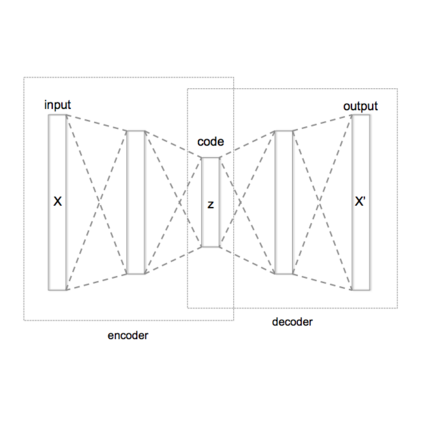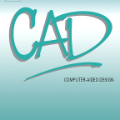Recommendation models are typically trained on observational user interaction data, but the interactions between latent factors in users' decision-making processes lead to complex and entangled data. Disentangling these latent factors to uncover their underlying representation can improve the robustness, interpretability, and controllability of recommendation models. This paper introduces the Causal Disentangled Variational Auto-Encoder (CaD-VAE), a novel approach for learning causal disentangled representations from interaction data in recommender systems. The CaD-VAE method considers the causal relationships between semantically related factors in real-world recommendation scenarios, rather than enforcing independence as in existing disentanglement methods. The approach utilizes structural causal models to generate causal representations that describe the causal relationship between latent factors. The results demonstrate that CaD-VAE outperforms existing methods, offering a promising solution for disentangling complex user behavior data in recommendation systems.
翻译:推荐模型通常是基于观察到的用户交互数据进行训练,但用户决策过程中潜在因素之间的相互作用导致数据复杂和纠缠。将这些潜在因素剖离开来,揭示它们的潜在表达式可以提高推荐模型的鲁棒性、可解释性和可控性。本文介绍了因果解缠变分自编码器(CaD-VAE),一种从交互数据中学习因果解缠表示的新方法。CaD-VAE方法考虑了现实推荐场景中语义相关因素之间的因果关系,而不是像现有解缠方法一样强制独立性。该方法利用结构因果模型生成描述潜在因素之间因果关系的因果表示。结果表明,CaD-VAE优于现有方法,在解缠推荐系统中复杂用户行为数据方面提供了有希望的解决方案。



